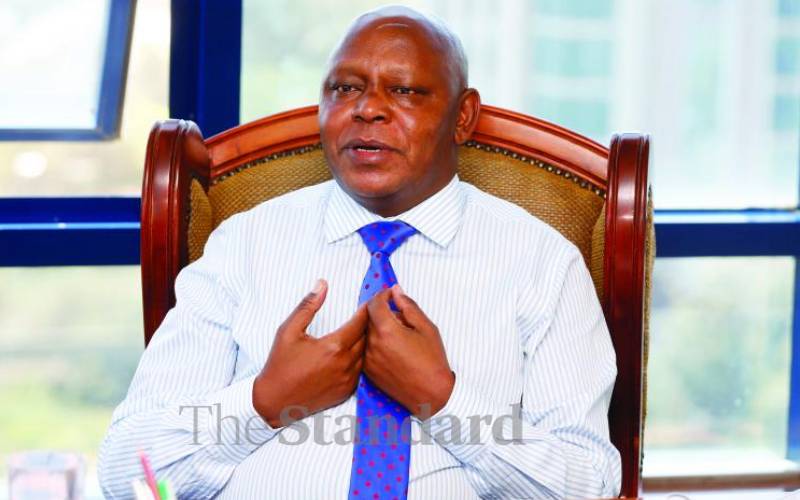×
The Standard e-Paper
Join Thousands Daily

Lawyer Paul Gicheru during a past interview with 'The Standard' at his office in Nairobi. [Stafford Ondego, Standard]
Lawyer Paul Gicheru’s trial before the International Criminal Court (ICC) over alleged witness tampering starts today with some witnesses declining to cooperate.